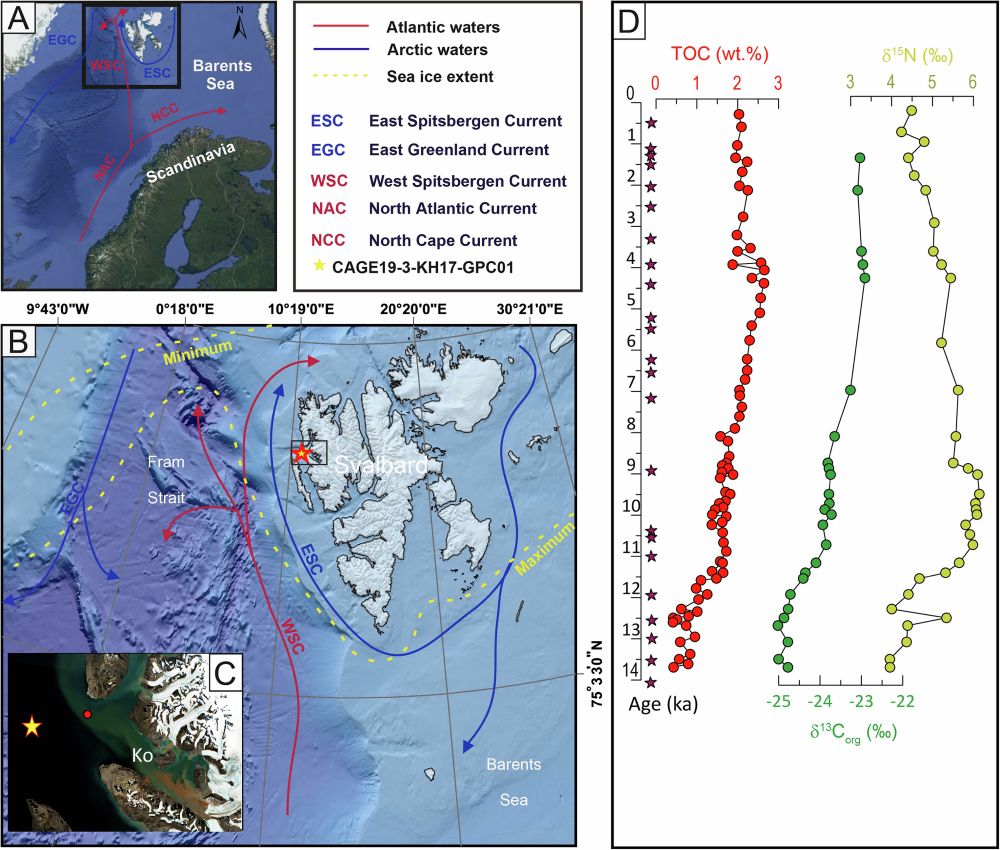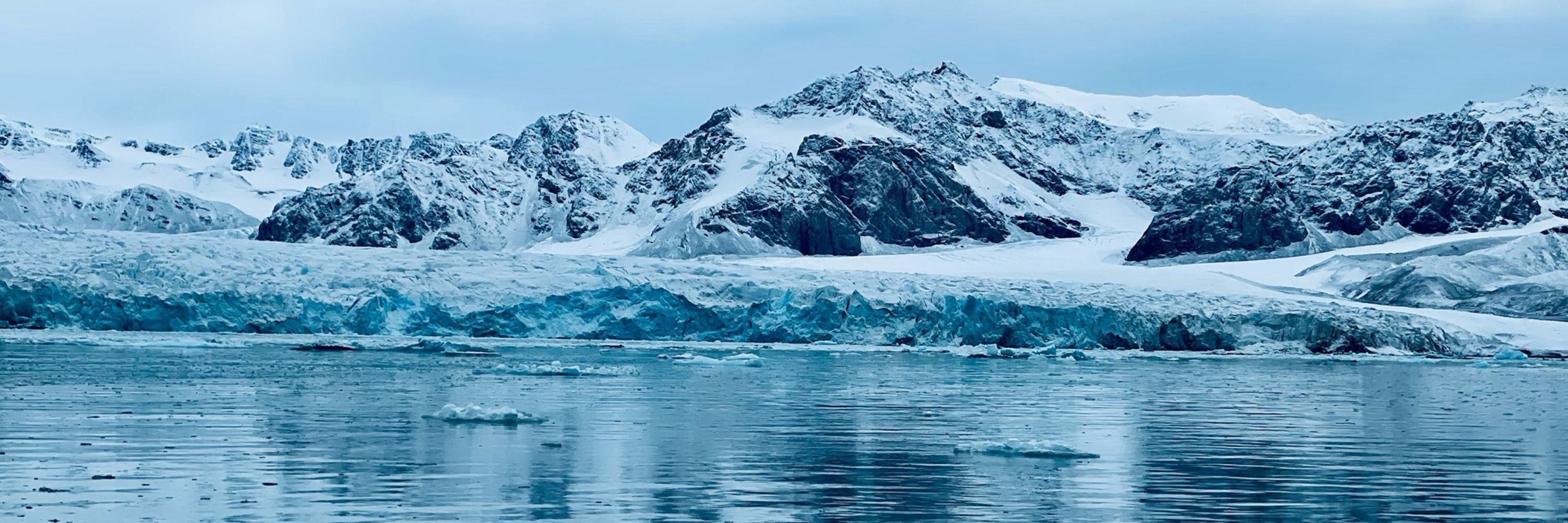
🌊🌍❄️🌿🏔️

We use a marine sediment core to reconstruct how climate change is reshaping this Arctic landscape, revealing fascinating insights into vegetation dynamics 🌱🌍🍁🌿
Read here: rdcu.be/d6uJR
“Assessing the adoption of the FAIR principles in Italian environmental research infrastructures”
We explore how 14 RIs are putting #FAIRdata into practice — key to building more open, reusable, and connected environmental science.
🧪 🌊 🧬 🪨

“Assessing the adoption of the FAIR principles in Italian environmental research infrastructures”
We explore how 14 RIs are putting #FAIRdata into practice — key to building more open, reusable, and connected environmental science.
🧪 🌊 🧬 🪨



Link: www.nature.com/articles/s41...

Link: www.nature.com/articles/s41...
agupubs.onlinelibrary.wiley.com/doi/10.1029/...

agupubs.onlinelibrary.wiley.com/doi/10.1029/...
Key Arctic data collected + new sensors & buoy via #PNRR_ITINERIS.
Vital for tracking climate change. Year 16 starts soon!
#NYA2025 #ClimateScience #OceanMonitoring #ArcticResearch
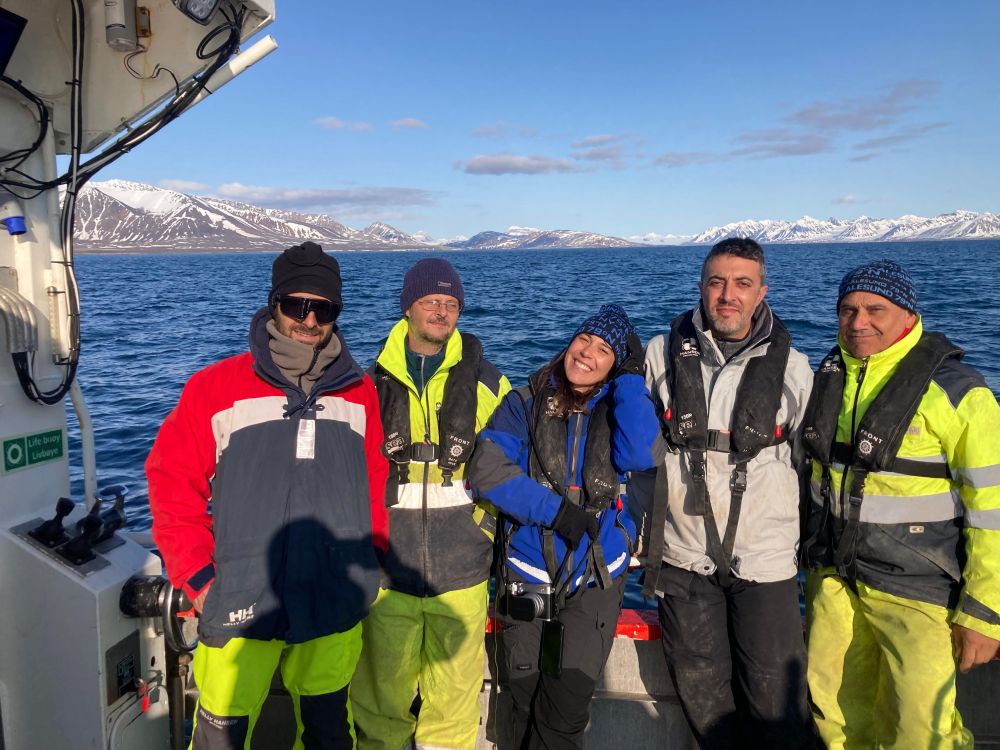



🌊
essd.copernicus.org/preprints/es...

🌊
essd.copernicus.org/preprints/es...


agupubs.onlinelibrary.wiley.com/doi/full/10....

agupubs.onlinelibrary.wiley.com/doi/full/10....
www.uni-bremen.de/en/universit...

www.uni-bremen.de/en/universit...


www.jobbnorge.no/en/available...
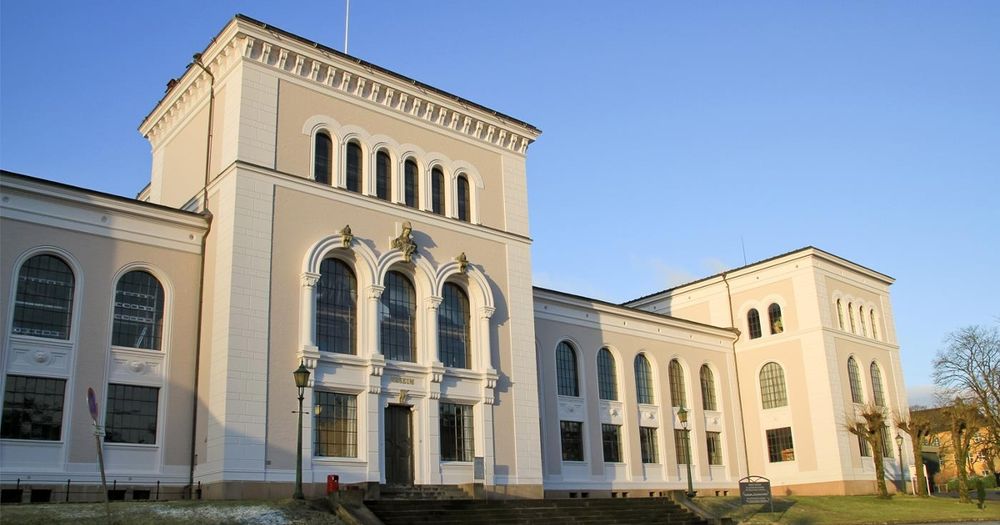
www.jobbnorge.no/en/available...
pubs.acs.org/doi/full/10....

pubs.acs.org/doi/full/10....
Applications are due Feb 15th - contact me with any questions!
RT plz :)
international.au.dk/about/profil...
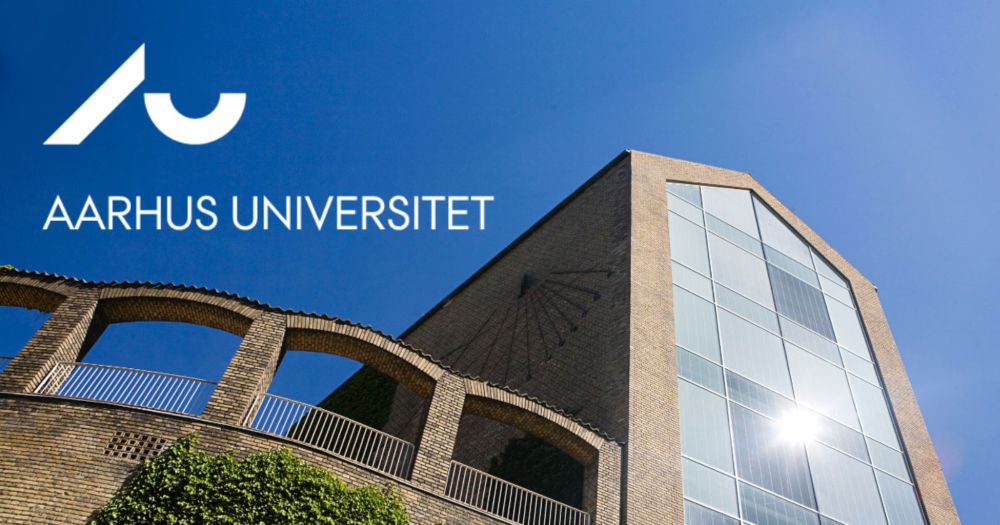
Applications are due Feb 15th - contact me with any questions!
RT plz :)
international.au.dk/about/profil...
We use a marine sediment core to reconstruct how climate change is reshaping this Arctic landscape, revealing fascinating insights into vegetation dynamics 🌱🌍🍁🌿
Read here: rdcu.be/d6uJR

We use a marine sediment core to reconstruct how climate change is reshaping this Arctic landscape, revealing fascinating insights into vegetation dynamics 🌱🌍🍁🌿
Read here: rdcu.be/d6uJR



